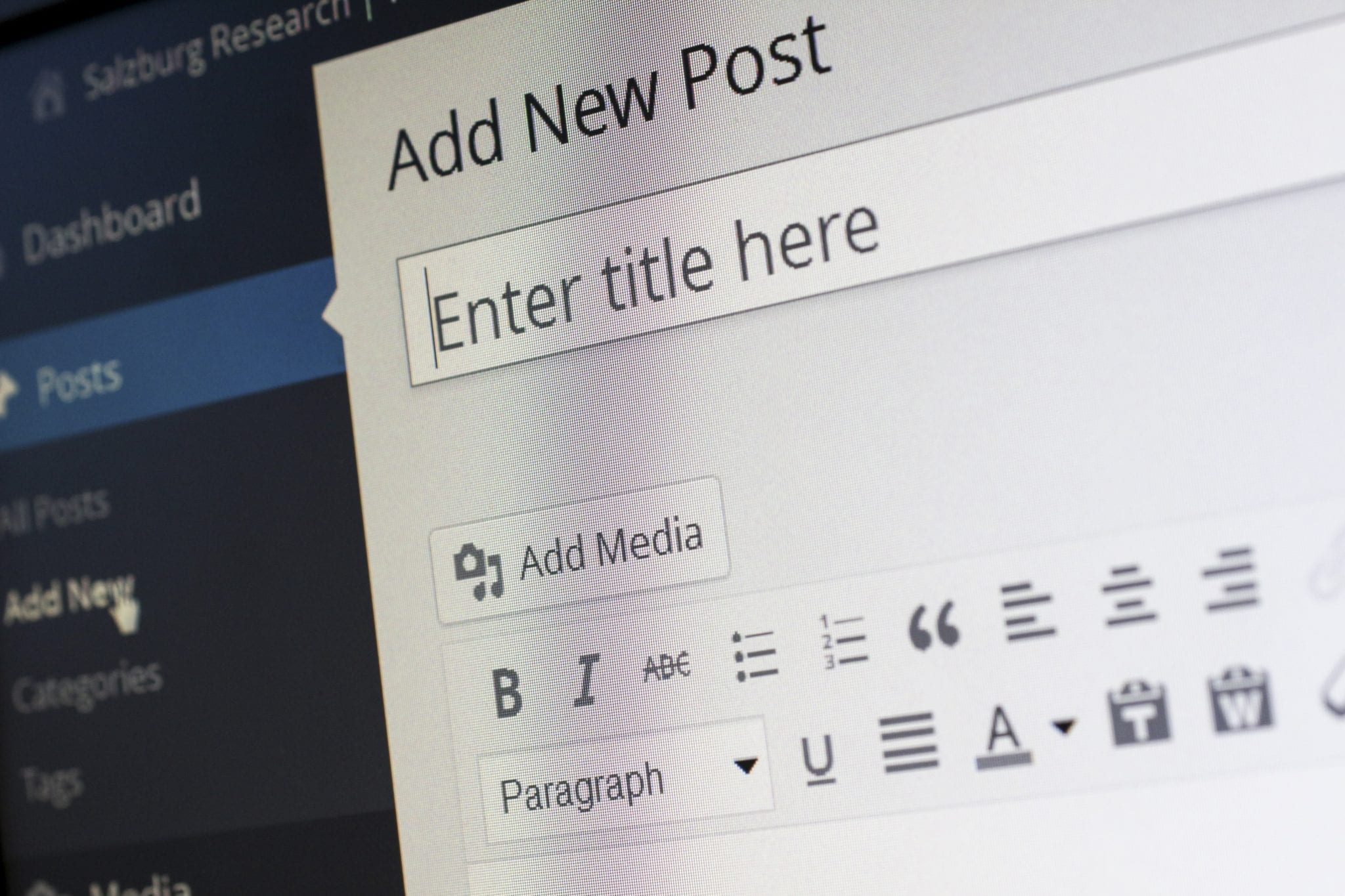Gutenberg vs. Classic Editor: A Battle of WordPress Editing Tools
In the ever-evolving world of WordPress, the introduction of the Gutenberg editor in 2018 marked a significant shift in content creation. With its block-based approach, Gutenberg aimed to simplify and enhance the editing experience for WordPress users. However, the familiar Classic Editor still remains a popular choice for many. In this blog post, we delve into the battle between Gutenberg and Classic Editor, exploring their features, benefits, and the ongoing debate surrounding the two.
The Rise of Gutenberg:
Gutenberg, named after the inventor of the printing press, Johannes Gutenberg, brought a revolutionary change to WordPress editing. It introduced a block-based editing system, empowering users to create content by arranging individual blocks of text, images, videos, and more. This intuitive approach aimed to streamline the editing process, allowing users to visualize their content in real time.
Advantages of Gutenberg:
- Enhanced Creativity: Gutenberg’s block-based system enables users to experiment with layouts, designs, and multimedia elements effortlessly. Its flexibility allows for the seamless integration of rich media, such as galleries, embeds, and interactive widgets, without relying on additional plugins or coding knowledge.
- Improved User Experience: The user-friendly interface of Gutenberg simplifies content creation, particularly for newcomers. With its drag-and-drop functionality and visual editor, users can create and edit content with ease, reducing the learning curve associated with traditional HTML-based editing.
- Mobile Responsiveness: Gutenberg embraces the importance of mobile-friendly design, automatically adapting content to fit various screen sizes. This responsiveness ensures a consistent user experience across devices, catering to the growing mobile audience.
The Classic Editor’s Enduring Appeal:
While Gutenberg presents exciting possibilities, many WordPress users still opt for the familiar Classic Editor. This preference stems from a desire for simplicity, efficiency, and compatibility with established workflows.
Benefits of the Classic Editor:
- Familiarity and Stability: The Classic Editor retains the traditional editing experience that WordPress users have known for years. This familiarity makes it easier for those accustomed to the classic interface to transition seamlessly without disruptions or the need for additional training.
- Legacy Plugin Compatibility: The Classic Editor boasts compatibility with a vast array of plugins developed before the Gutenberg era. As many websites rely on these plugins for various functions, sticking with the Classic Editor ensures continued support and functionality.
- Code Control: For users who prefer to have direct control over their HTML and CSS, the Classic Editor allows manual input, providing a higher level of customization and precision in content creation.
The Ongoing Debate:
The introduction of Gutenberg sparked a heated debate within the WordPress community, with proponents on both sides arguing for their preferred editing tool. While Gutenberg offers a modernized approach, some users have encountered compatibility issues with certain themes, plugins, or older content. This has led to concerns about migration and potential disruptions to established workflows.
Ultimately, the choice between Gutenberg and the Classic Editor depends on individual needs, preferences, and the specific requirements of each project. WordPress users are encouraged to consider factors such as creativity, user experience, compatibility, and long-term sustainability when making their decision.
Final thoughts
As the Gutenberg editor continues to evolve, it undoubtedly offers an innovative way to create and manage content in WordPress. Its block-based system and intuitive interface have the potential to redefine the editing experience for users worldwide. However, the Classic Editor’s enduring appeal, simplicity, and compatibility make it a reliable choice for those who prefer a familiar and stable environment.
In the dynamic world of WordPress, the battle between Gutenberg and the Classic Editor ultimately comes down to personal preferences and specific project requirements. Whether you embrace Gutenberg’s modern approach or find comfort in the Classic Editor’s traditional familiarity, both tools serve as valuable resources in the WordPress ecosystem, enabling users to create and publish engaging content efficiently.
If you need help editing your WordPress website just get in touch with our team of WordPress professionals.


